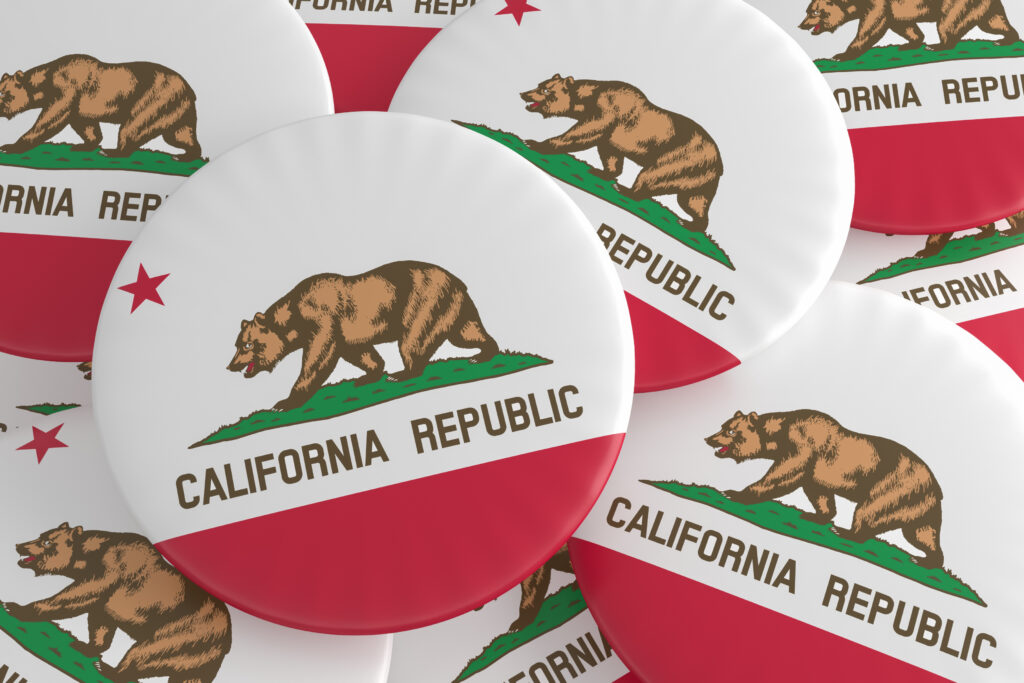Final day to register to vote – online or by mail

Guidelines for Pastors and Parishes on Advocacy and Political Action
Guidelines for Parishes During Election Season – Do’s and Don’ts
USCCB Guidelines During Election Season
Parish Voter Registration Toolkit (Spanish)
Catholics Care, Catholics Vote Bulletin Insert
Making Practical Decisions Using the Principles of Catholic Social Teaching
2024 California Ballot Propositions

The Church’s role is to guide our consciences. “This is where Catholic social doctrine has its place…its aim is simply to help purify reason and to contribute, here and now, to the acknowledgement and attainment of what is just.” (Pope Benedict XVI, 28)
Our role is to implement Catholic social teaching in the public square. As Pope St. John Paul II said, “To destroy structures and replace them with more authentic forms of living in community is a task which demands courage and patience.” (Centesimus Annus, 38)
“The direct duty to work for a just ordering of society, on the other hand, is proper to the lay faithful. As citizens of the State, they are called to take part in public life in a personal capacity.” Pope Benedict XVI, Deus Caritas Est, No. 29
We form our consciences to vote by studying Catholic Social Teaching, especially the three key principles of human dignity, solidarity, and subsidiarity, and how they work together to uphold the common good. Learn More
First, form your conscience by learning Catholic social teaching. Then, learn about the candidates or issues in the election.